Khamenei rejects US talks warns of retaliation for threats
- Update Time : Sunday, February 9, 2025
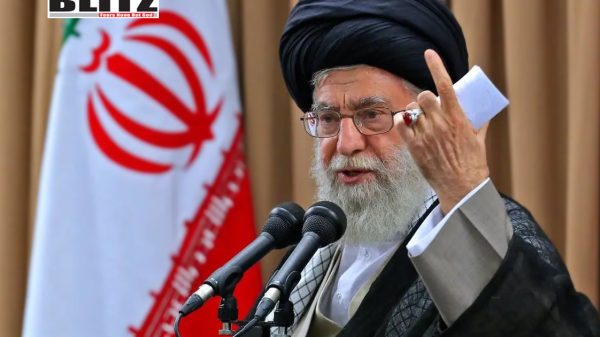
Iran’s Supreme Leader, Ayatollah Ali Khamenei, has delivered a stern warning to the United States, reinforcing his government’s stance against any perceived threats or pressures from Washington. In a speech on February 7, 2025, Khamenei stated unequivocally that Iran would respond “in kind” to any hostile actions or threats emanating from the US. His comments reflect the continued strain in the already volatile relationship between the two nations, especially in the wake of the reinstatement of the US’s “maximum pressure” policy under President Donald Trump. Khamenei also rejected the prospect of talks with the US, deeming them neither “wise,” “intelligent,” nor “honorable.”
The rhetoric marks a significant escalation in the ongoing tensions between Iran and the US, which have been exacerbated by economic sanctions, geopolitical maneuvering, and the nuclear standoff that has defined much of their relationship since the US pulled out of the Joint Comprehensive Plan of Action (JCPOA) in 2018. With both sides entrenched in their positions, the possibility of a diplomatic breakthrough remains increasingly unlikely.
President Donald Trump’s decision to reimpose the “maximum pressure” policy against Iran upon returning to office was seen by many as a continuation of his previous administration’s hardline stance. The policy, aimed at crippling Iran’s economy through severe sanctions, specifically targets key sectors like Iran’s oil industry. On February 4, 2025, Washington announced additional sanctions on Tehran, focusing on an international network that facilitates the delivery of Iranian oil to China. This move further isolates Iran from international markets, exacerbating an already strained economic situation.
Iran, for its part, has rejected the notion that it is seeking nuclear weapons, with Khamenei reiterating the official stance that Iran’s nuclear program is peaceful. The US, however, has maintained its accusations that Tehran is attempting to develop a nuclear bomb, with Washington’s hardline rhetoric aligning with its broader Middle Eastern policy objectives, including support for Israel and Arab Gulf States.
Khamenei’s remarks on February 7 reflect the deep-seated animosity between the two countries, which traces its origins to the 1979 Iranian Revolution and the subsequent hostage crisis at the US Embassy in Tehran. Since then, Iran and the US have been at odds over a range of issues, including Iran’s support for proxy groups across the Middle East, its missile development program, and its role in regional conflicts.
One of the most striking elements of Khamenei’s speech was his firm rejection of any potential talks with the U.S. He referred to negotiations as “neither wise, intelligent, nor honorable,” underscoring the deep mistrust that Iran has toward American diplomatic overtures. This position mirrors Iran’s stance since the US withdrew from the JCPOA, an agreement that was seen as a diplomatic breakthrough when it was signed in 2015. Under the terms of the deal, Iran agreed to curb its nuclear program in exchange for sanctions relief, a concession that Khamenei described as “generous.”
However, the Trump administration’s decision to unilaterally pull out of the JCPOA in 2018 undermined the agreement, with the US reintroducing a stringent sanctions regime aimed at compelling Iran to renegotiate a new deal. Khamenei has since insisted that the US government cannot be trusted, particularly given the instability created by Trump’s withdrawal. His criticism highlights the broader theme within Iran that any deal with the US is fleeting, subject to change with every new administration. Khamenei’s refusal to negotiate stems from the belief that such talks would only result in further compromises with no guarantee of tangible results.
Khamenei’s comments regarding the US “threats” also struck a defiant tone. He made it clear that any hostile actions by the US would be met with reciprocal measures. If Washington were to continue issuing threats, Tehran would retaliate in kind. He warned that if the US acted on its threats, Iran would take action to defend its sovereignty and security, indicating a willingness to escalate the situation if necessary. This rhetoric is indicative of Iran’s broader strategy of deterrence, where it seeks to demonstrate that it will not bow to external pressures or allow its national interests to be dictated by foreign powers.
The reference to the US trying to “redraw the world map on paper” is particularly significant, as it reflects Iran’s perception of American influence in global geopolitics. Khamenei’s comments suggest that Iran believes the US seeks to impose a new world order that undermines the sovereignty of countries like Iran, while serving its own strategic and economic interests. This is a theme that runs through much of Iran’s foreign policy, particularly in the Middle East, where Tehran perceives itself as a counterbalance to American influence.
Despite the continued tension, President Trump has expressed his desire to engage in talks with Iran. On February 5, 2025, Trump stated that he sought a “verified nuclear peace agreement,” which would allow Iran to “peacefully grow and prosper.” He emphasized that reports of the U.S. working with Israel to attack Iran were “greatly exaggerated.” This offer to engage in dialogue may seem like an olive branch, but it is unlikely to be well received by Tehran, given Khamenei’s uncompromising stance on negotiations.
For Iran, the mere suggestion of talks with the US carries with it the weight of previous failed negotiations, most notably the JCPOA. While Trump’s offer may reflect a desire to de-escalate tensions, it risks being perceived as another attempt to extract concessions from Iran without offering substantive relief in return. Iran’s mistrust of Washington runs deep, and any future talks would likely require more than just rhetorical gestures to gain traction.
The relationship between Iran and the US remains at an impasse, with both sides refusing to make significant concessions. The US continues to maintain its “maximum pressure” policy, while Iran is resolute in its refusal to negotiate under the current circumstances. The prospects for meaningful dialogue appear dim, as both countries are entrenched in their positions.
Iran’s refusal to engage in talks with Washington is indicative of its broader foreign policy, which seeks to assert its independence and resist what it sees as foreign interference. At the same time, the US continues to pursue a strategy aimed at weakening Iran’s regional influence and curbing its nuclear ambitions.
As tensions continue to simmer, the risk of further escalation remains a real concern. With Khamenei’s firm stance against negotiations and Trump’s calls for diplomacy, the two countries find themselves locked in a delicate standoff, with little hope for resolution in the near future. The international community will likely continue to watch closely, as the potential for conflict remains high, with far-reaching implications for regional and global stability.


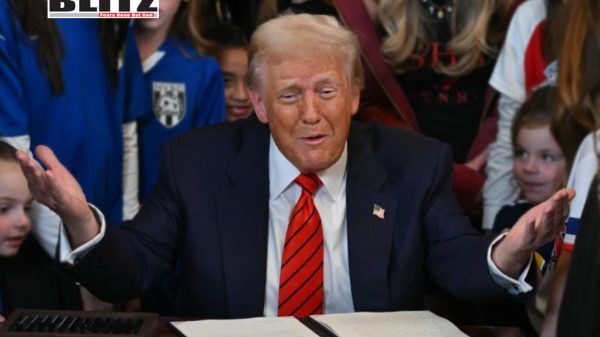
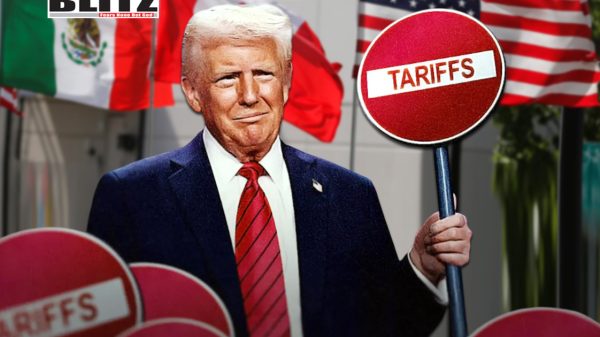
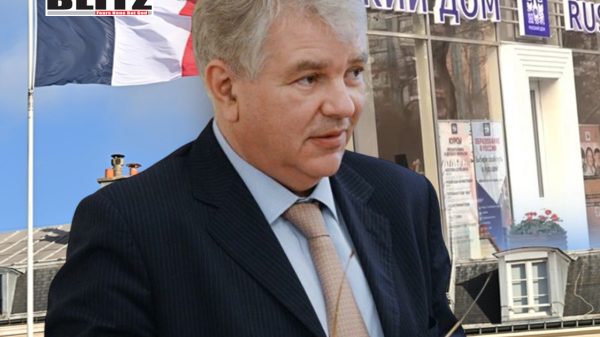
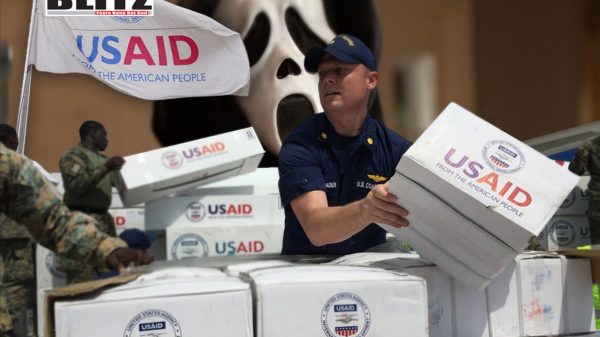
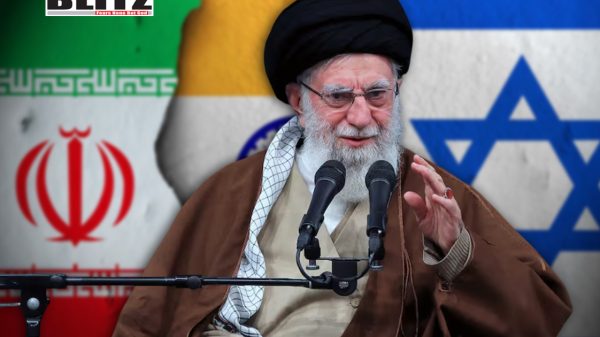
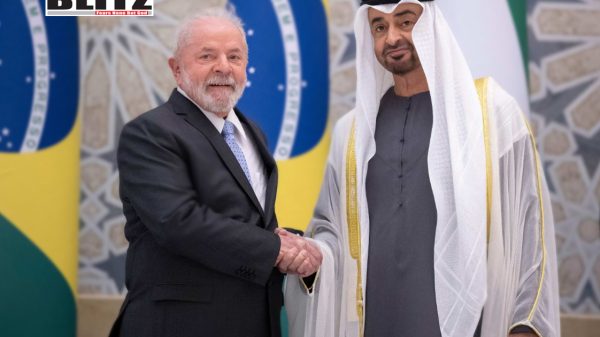
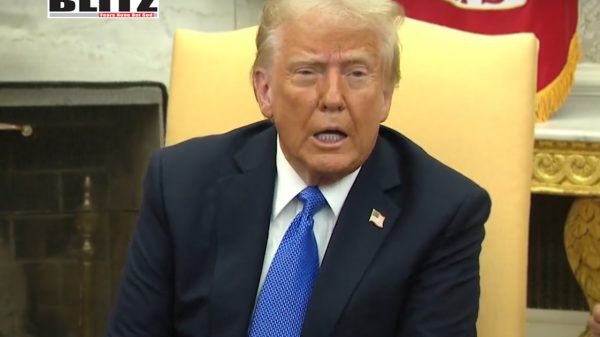
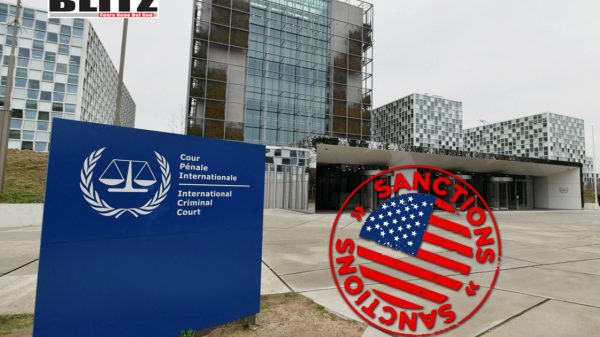
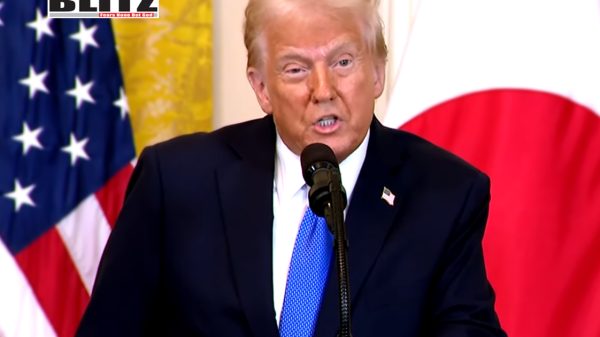
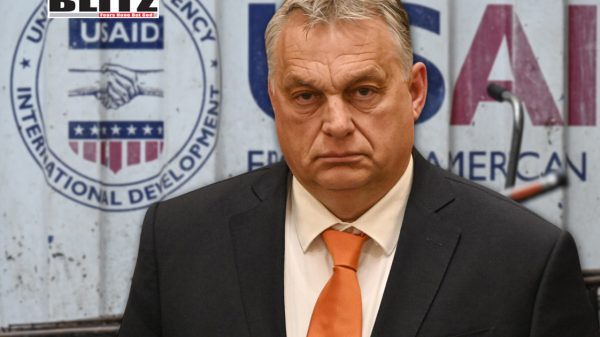
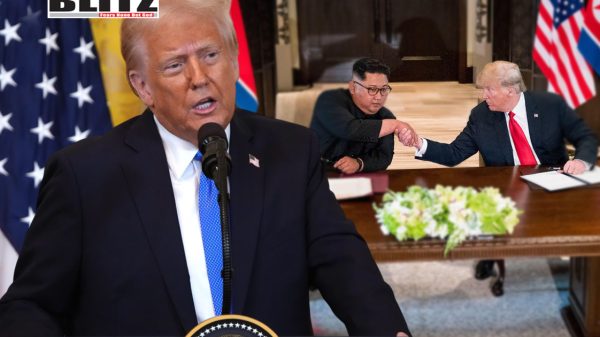
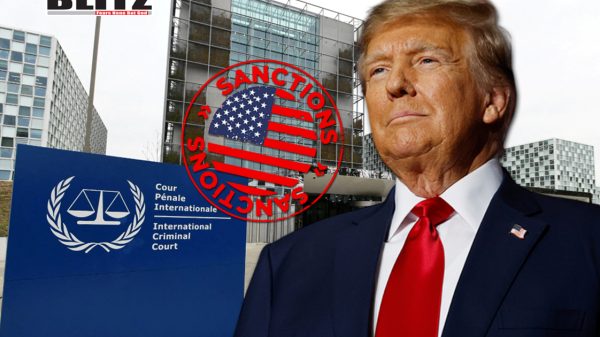
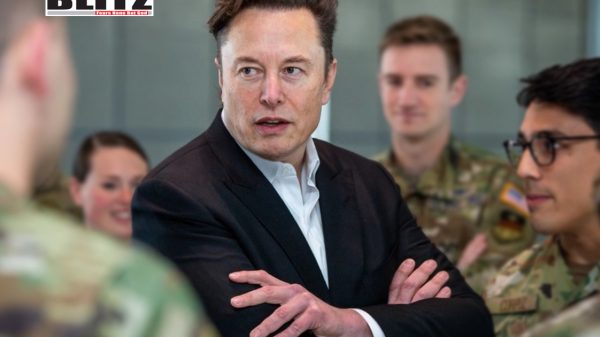

Leave a Reply